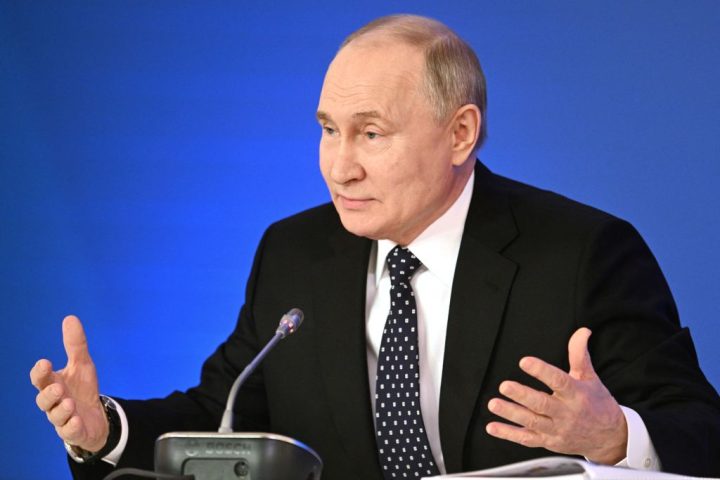In the fortnight since four Isis gunmen stormed Crocus City Hall in the Moscow suburbs, Vladimir Putin has done his best to dodge as much of the blame as possible. Speaking at a trade convention in Moscow on Thursday, Russia’s president once again reiterated the implication that Ukraine, and not the Islamist terror group, was responsible for the atrocity.
Already a subscriber? Log in
Subscribe for just $2 a week
Try a month of The Spectator Australia absolutely free and without commitment. Not only that but – if you choose to continue – you’ll pay just $2 a week for your first year.
- Unlimited access to spectator.com.au and app
- The weekly edition on the Spectator Australia app
- Spectator podcasts and newsletters
- Full access to spectator.co.uk
Or




















Comments
Don't miss out
Join the conversation with other Spectator Australia readers. Subscribe to leave a comment.
SUBSCRIBEAlready a subscriber? Log in